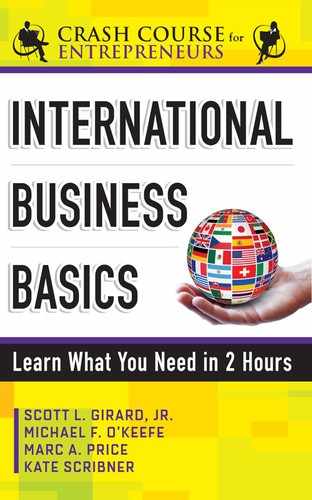Immigration Issues
This area is fairly complex, so consider getting
an attorney’s input if issues arise.
EACH COUNTRY HAS ITS OWN RULES, regulations and laws that cover immigration and related issues. These regulations will most often be at the national and international level and enforced by national-level agencies. Sometimes there are regional regulations as well.
While each jurisdiction is unique, there are some broad categories of immigration issues that especially impact businesses: illegal immigrants, asylum seekers or refugees, guest workers, and residents and tourists.
In most large countries there is a significant illegal immigrant population. Illegal immigrants are people who have entered the local region in violation of the controlling immigration laws of either the local region or their region of origin. Depending on the jurisdiction, illegal immigration may or may not actually constitute a crime. Each jurisdiction has unique standards of enforcement.
Illegal immigrants may be able to switch to a legal immigration status. Employing or doing business with illegal immigrants should be considered as a business decision after evaluating the penalties and benefits under your local laws and the market conditions. There is no universal answer.
Asylum seekers or refugees are people seeking refuge in the local region, outside of their home region or country, because of persecution, fear, war or other social upheaval. They may hope to stay short term, long term or permanently. There are international treaties and United Nations Conventions related to the definition and treatment of refugees. Generally speaking, upon arrival in the local region, the refugee must apply for asylum based on the above reasons. If the application is approved, she will be granted legal status in the local region, based on her circumstances.
Guest programs include guest workers and students. Some countries rely very heavily on guest worker programs to supplement their workforces. Guest worker programs are often controversial, as standards regarding the rights of guest workers and students while in the local region are not evenly enforced. International students and study abroad programs are also very common in our globalized world.
Guest worker status is a legal immigration designation given to foreign workers who temporarily work and live in the local region. Both the qualifications and the difficulty in acquiring this status change often and by jurisdiction. Usually guest-worker status is given to high-skill positions or to areas with an extreme shortage of available labor.
Student programs are similar in that they allow a legal immigration status for a certain period while the student participates in continuing education. If a student remains beyond the term specified, his status could change to being an illegal immigrant.
Almost all countries have immigration provisions dealing with residents and tourists. Residents are non-citizens who have been granted permission to live in the local region indefinitely. Individual jurisdictions may have ongoing requirements to seek citizenship or to contribute to the economy in some way. In countries already associated as trading partners, such as the European Union, the requirements are significantly easier.
Tourists are major economic driver and source of revenues for certain regions. Each jurisdiction will have individual requirements for documentation, length of stay, removal of goods and more. Generally speaking, tourism is encouraged but regulated.
M.R.M.
